The kids do not go back to school until next week, but Theresa May’s cabinet had no such luxury.

On Wednesday this week, the full cabinet met at Chequers, the prime minister’s official country house retreat, in what was described as a ‘Brexit summit’.
There, May reiterated: “We must continue to be very clear that Brexit means Brexit; that we’re going to make a success of it. That means there’s no second referendum, no attempts to sort of stay in the EU by the back door.”
Nobody is claiming that the technicalities of Brexit will be easy anymore. On the contrary, with every tug on a legislative thread, it becomes ever clearer what a knotty issue Brexit is. However, it also looks less likely that we will be negotiating the terms of our exit against a backdrop of economic Armageddon.
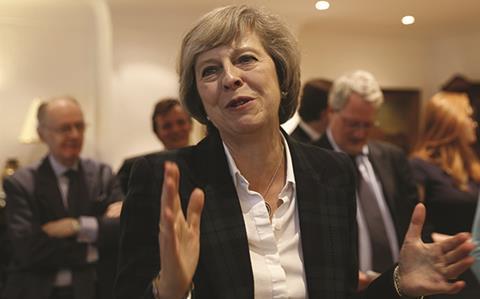
Despite the dire warnings, the first signs are that confidence hasn’t collapsed, particularly on the high street. The Markit household finances index recorded a marked downturn in sentiment in July with a score of 47.1 (anything below 50 is in negative territory), but bounced back to 49.8 in August. According to the Office for National Statistics, retail sales recorded a 1.4% rise in July after a 0.9% fall in June. John Lewis and Next have also made encouraging noises.
But the ultimate effect of Brexit on the economy remains as clear as mud. Yes, Brexit means Brexit, but what exactly does Brexit mean? Does it mean membership of the European Economic Area, some form of bespoke relationship with the EU or reliance on World Trade Organization rules? I suspect no one knows.
What is clear is that immigration will be at the heart of negotiations, as it was at the heart of the Brexit campaign. This is an issue that, however much the industry would like to regard it as secondary to the economic arguments, is anything but.
I had viewed Britain as a welcoming nation, but the extreme xenophobia immediately on display post referendum has continued to simmer away, erupting once again this week in the vicious murder of Polish factory worker Arkadiusz Jóźwik in Essex.
As I report in our feature on student accommodation, many people are deeply concerned about the message that the Brexit vote and its aftermath are sending to the rest of the world. If the best and brightest think they will be subject to racist taunts on the streets of Britain, why would they choose to study at our universities?
On the one hand, we are hoping that leaving the EU will allow us to trade more freely with the rest of the world and attract greater volumes of direct investment.
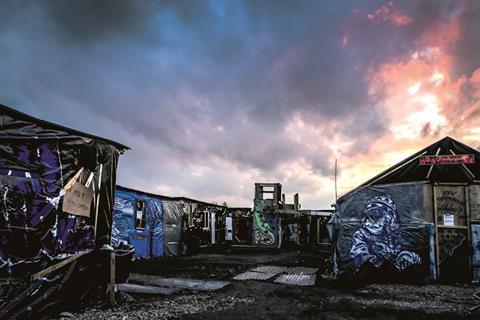
On the other, we are sending out the message that foreigners aren’t welcome - not the desperate residents of the Jungle camp in Calais, not the 6,500 migrants rescued off the coast of Sicily this week and not, it seems disturbingly, many people already living in the UK.
Buy our stuff and we’ll buy yours, but if possible let’s do it without having to live and work alongside one another? It’s not a very attractive proposition, is it… and is that really how we want to talk to the world?

























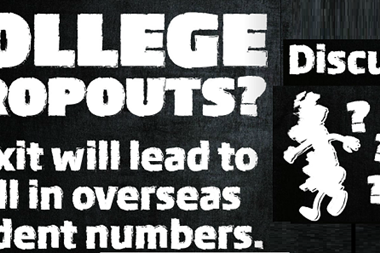

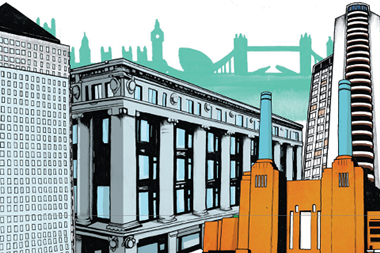
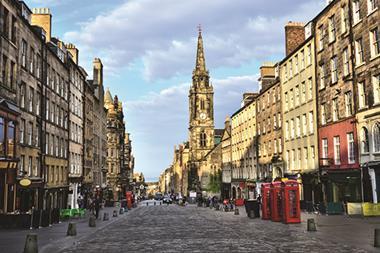
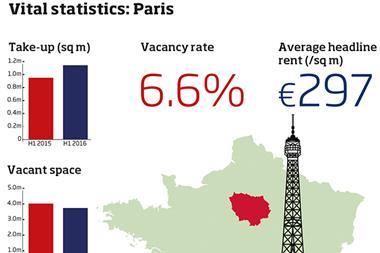
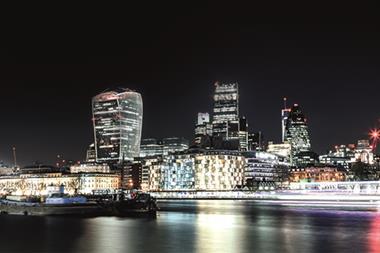
No comments yet